Mother Tongue
Mother Tongue Curriculum Framework
The Mother Tongue curriculum objectives are to develop students’ general ability, civic literacy & cultural awareness alongside the development of the language skills. This is illustrated in the curriculum framework below.
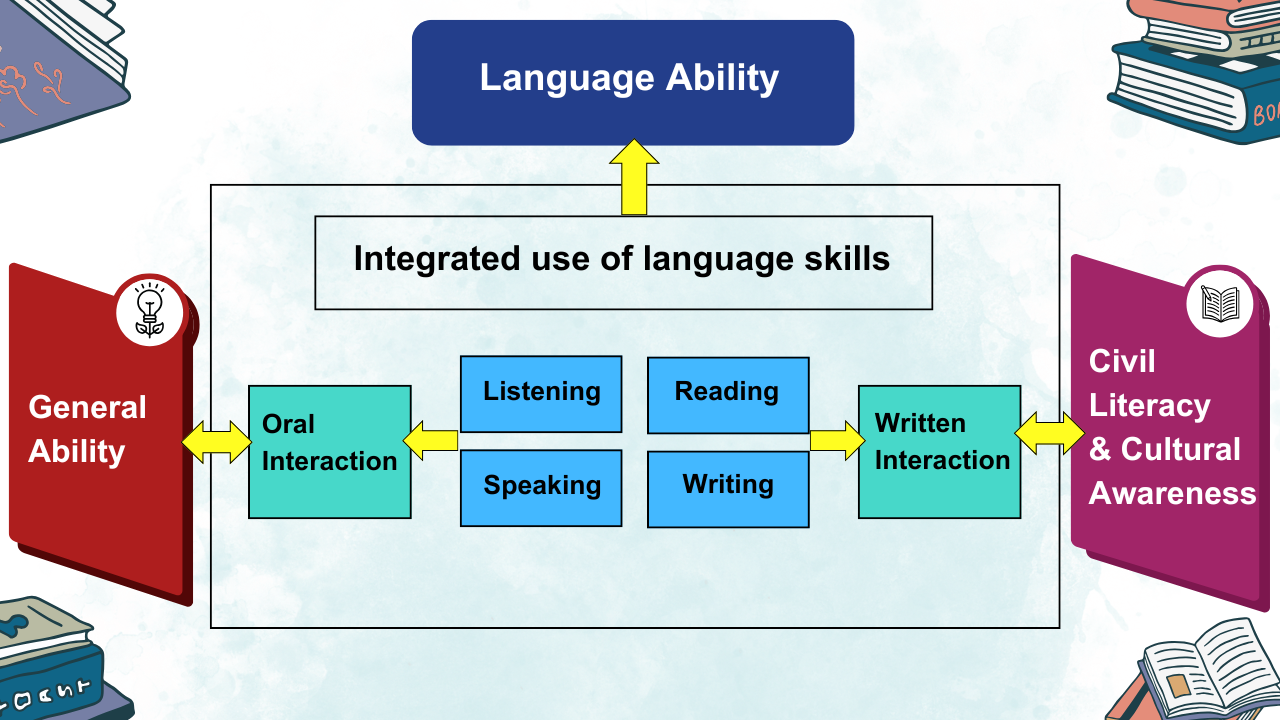
The key features of the Mother Tongue curriculum includes focusing on students’ spoken and written interaction skills, having authentic activities to better engage students and develop their communication skills and exposing students to their culture and values through the learning of their Mother Tongue Language.
Department Pedagogy
1. 5-Finger Strategy
The 5-Finger strategy was designed to help students adapt to the new format in 2017 PSLE E-Oral. Using 5 fingers as visual stimulus, this strategy encompasses the 5 important steps when preparing for the oral exam.
1) Read the passage.
2) Watch the video, listen to the narration and identify the theme and major events.
3) Choose one of the events and watch the relevant part carefully.
4) Think about possible experiences related to the theme.
5) Link to school and community experiences, express personal opinions,
feelings, thoughts and ideas.
This structured model serves as a useful guide for pupils to use the silent preparation time wisely by brainstorming on the possible topic and questions that will be asked by the Oral Examiner. To facilitate teaching and learning, teachers have developed customised notes to guide students in their learning.
2. BaiK S²anGaT
Reading comprehension is the ability to recognise words, sentences and paragraphs and make sense of the overall meaning. The BaiK S²anGaT concept in the teaching of Malay Langauge reading comprehension was designed to help students to understand reading comprehension passages and answer the questions.
This concept encompasses the following strategies:
-
read passage / Baca petikan (Ba),
-
iCLUES / iKLU (iK),
-
read questions & highlight key words / baca Soalan dan Serlah kata kunci (S²an),
-
underline answers / Garis jawapan (Ga), and
-
write question numbers / Tulis nombor soalan (T).
These strategies focus on students’ ability to understand comprehension passages and answer the questions in the form of literal and inferential comprehension before moving to more challenging levels.
3. The Story Mountain Strategy
The story mountain strategy is a pedagogical tool adopted by the Kranji Primary Tamil department. This tool helps children to understand, visualize and remember the 6 aspects that should be addressed in their compositions. The six core aspects of writing a story are:
1) Introduction / Beginning
2) Setting
3) Action
4) Climax
5) Conflicts
6) Resolution
This strategy aids pupils to plan their composition more effectively before writing the actual composition. It also acts as a check list for pupils to self-assess their own work and identify if all the important aspects of a composition in included in their work.
Mother Tongue Enrichment Programme
K-Studio
K-Studio is our customised broadcasting programme that aims to hone our students’ language skills and instill the joy of learning through authentic and interactive learning experiences. As “Little Reporters”, students learn to gather and organise information for news presentations, speak fluently and articulate their ideas clearly to the audience. Through this process, they build confidence in self-expression. Besides sharpening their oracy skills, students also have the opportunity to collaborate and work as a team to discover the joy of learning and sharing of knowledge.
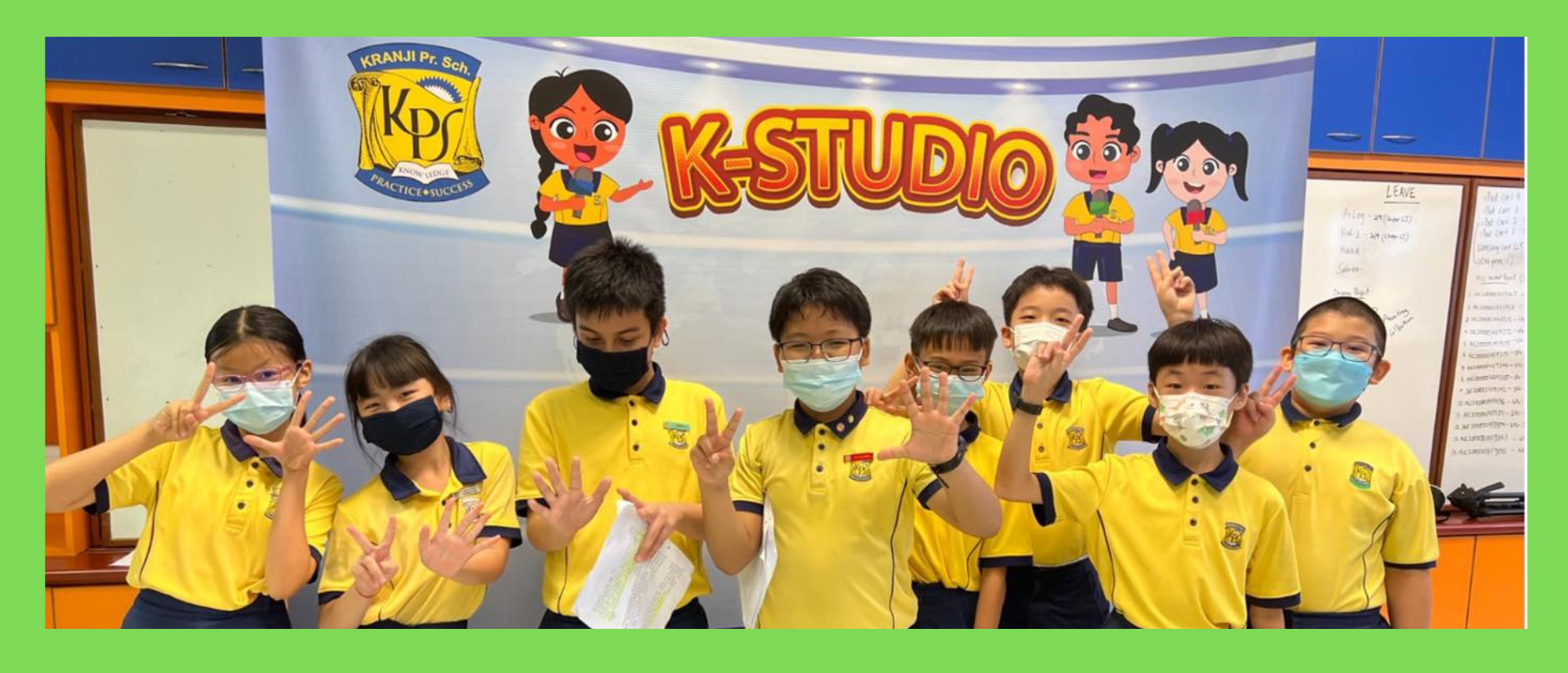
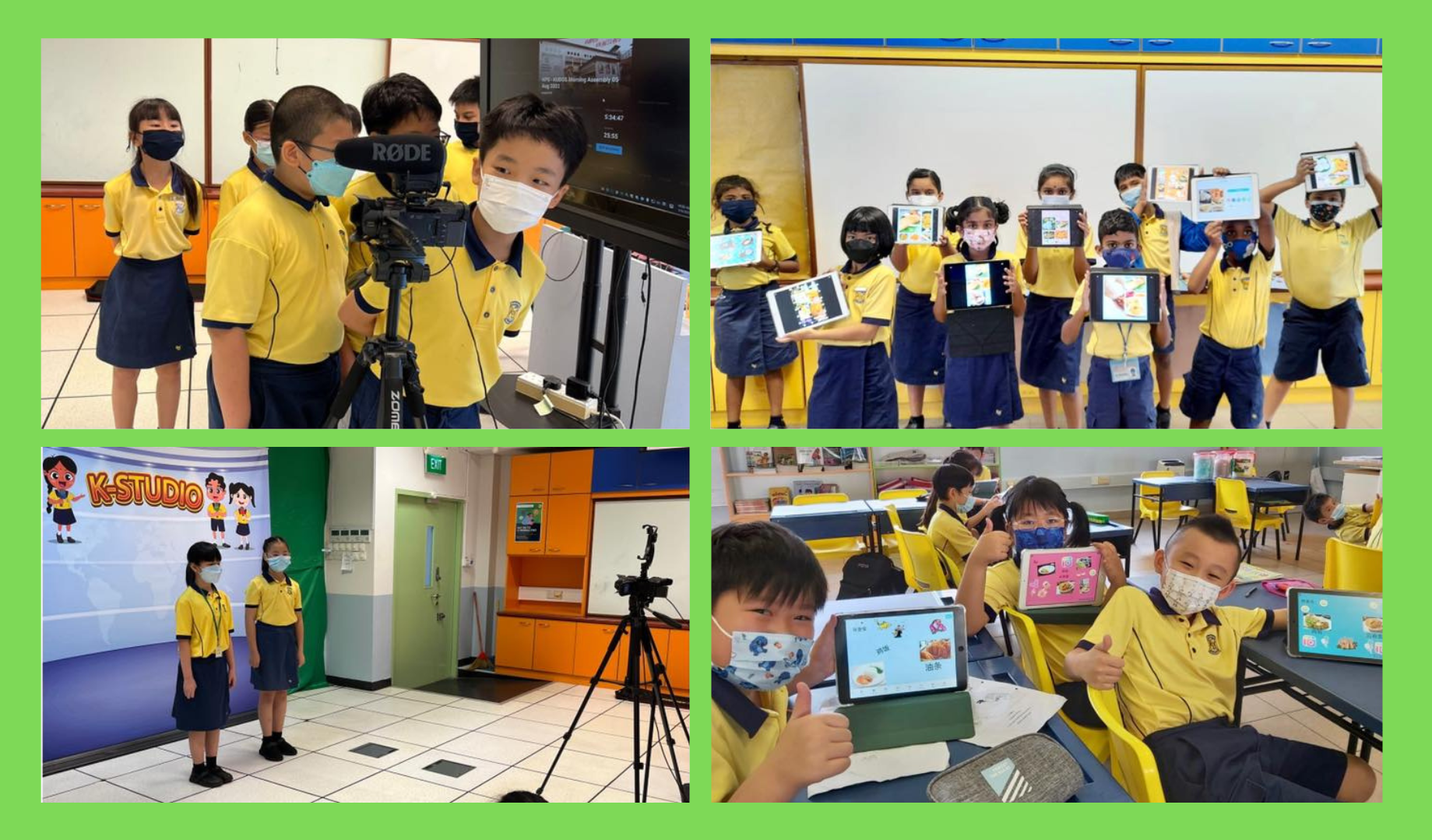
Other Programmes
1. MTL Fortnight & Cultural Camp
The Mother Tongue Language Fortnight aims to create an immersive environment for the learning of Mother Tongue languages. Students are exposed to a wide range of fun-filled language and cultural activities related to their Mother Tongue. Activities organised includes, book sharing, inter-class competitions, learning journeys, workshops, talks, cultural camps, etc. All these activities added to the fun and fervour of learning mother tongue languages. These platforms provide pupils an authentic environment to practice their mother tongue languages and appreciate their cultures.
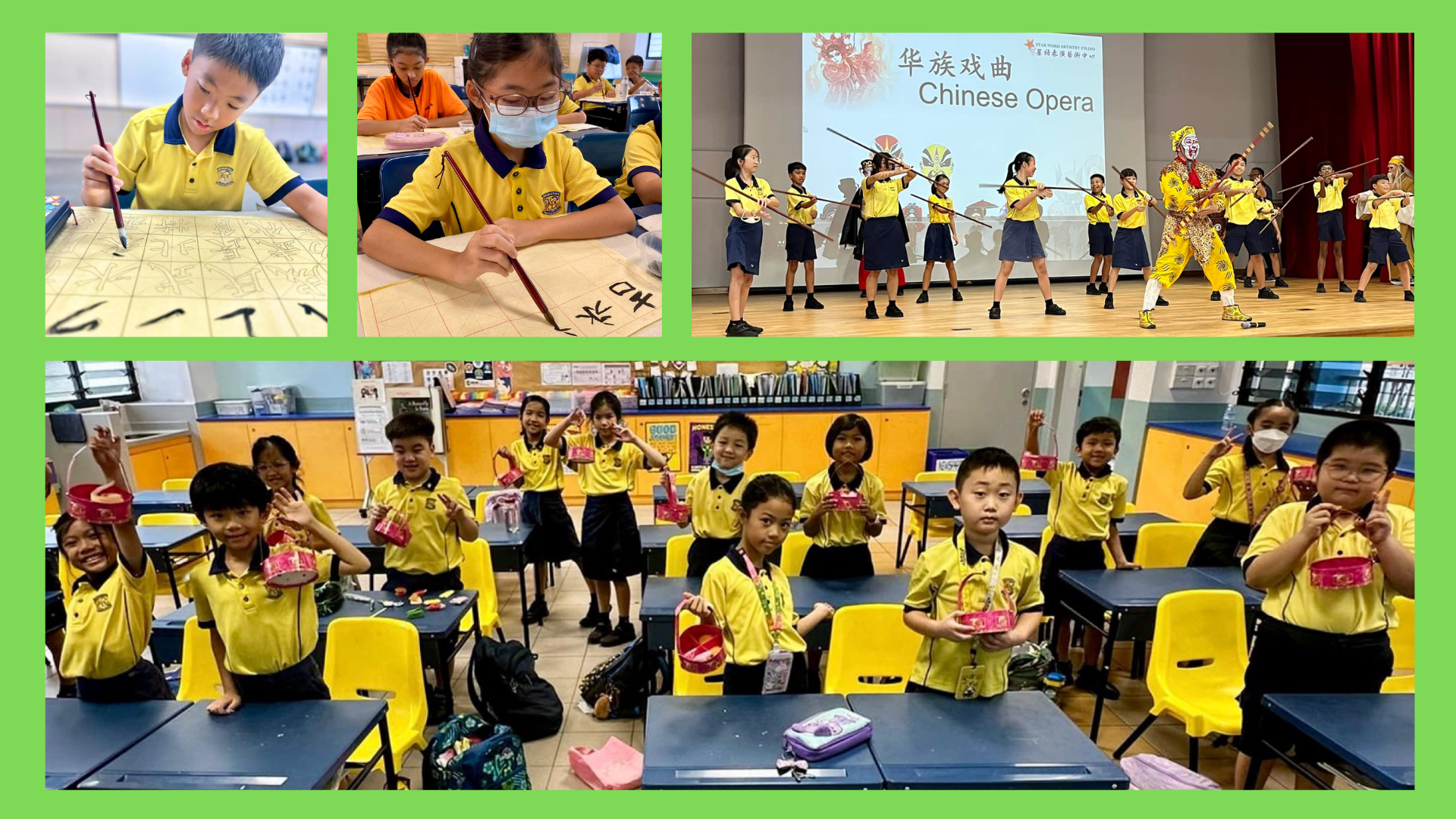
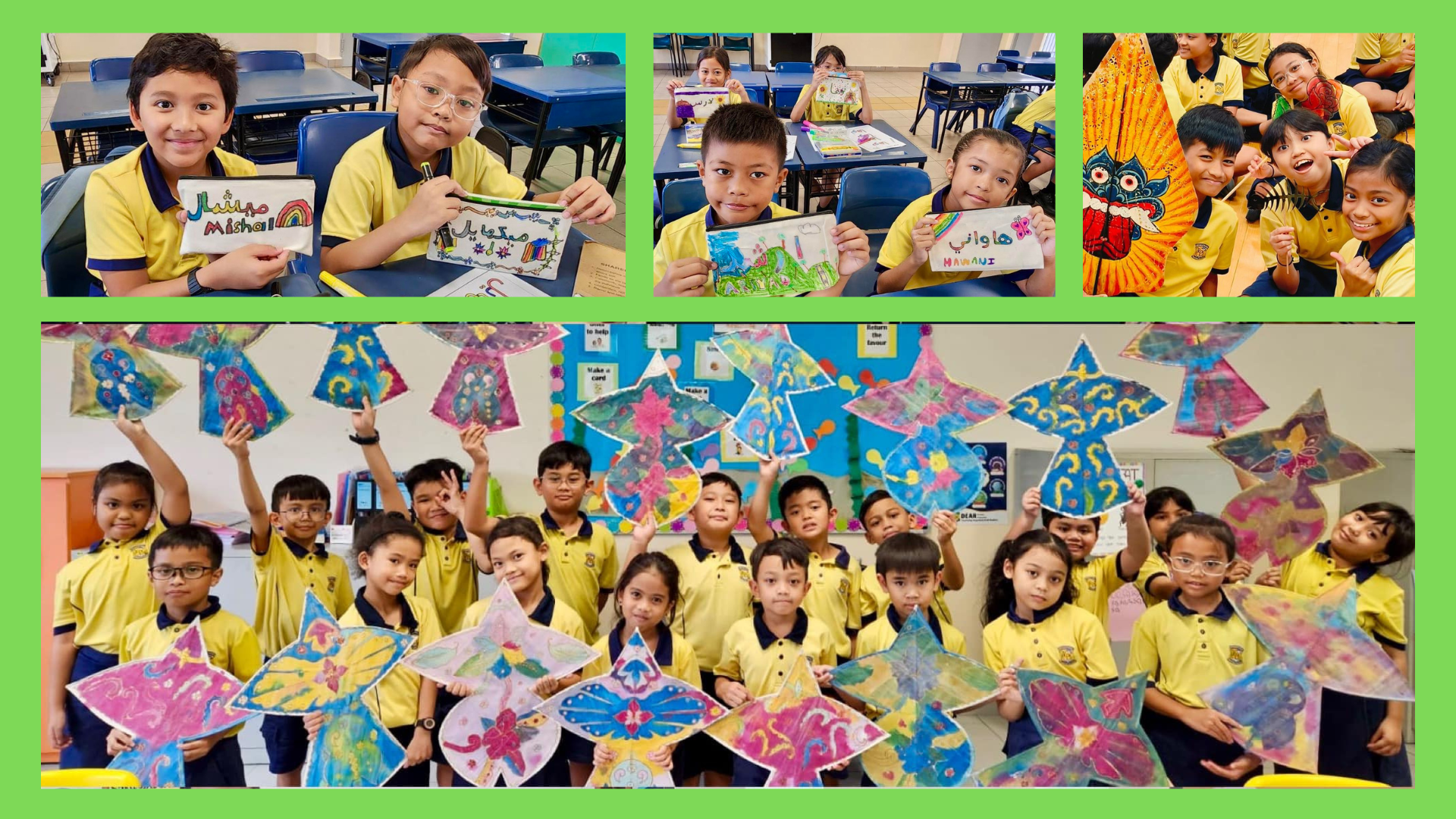
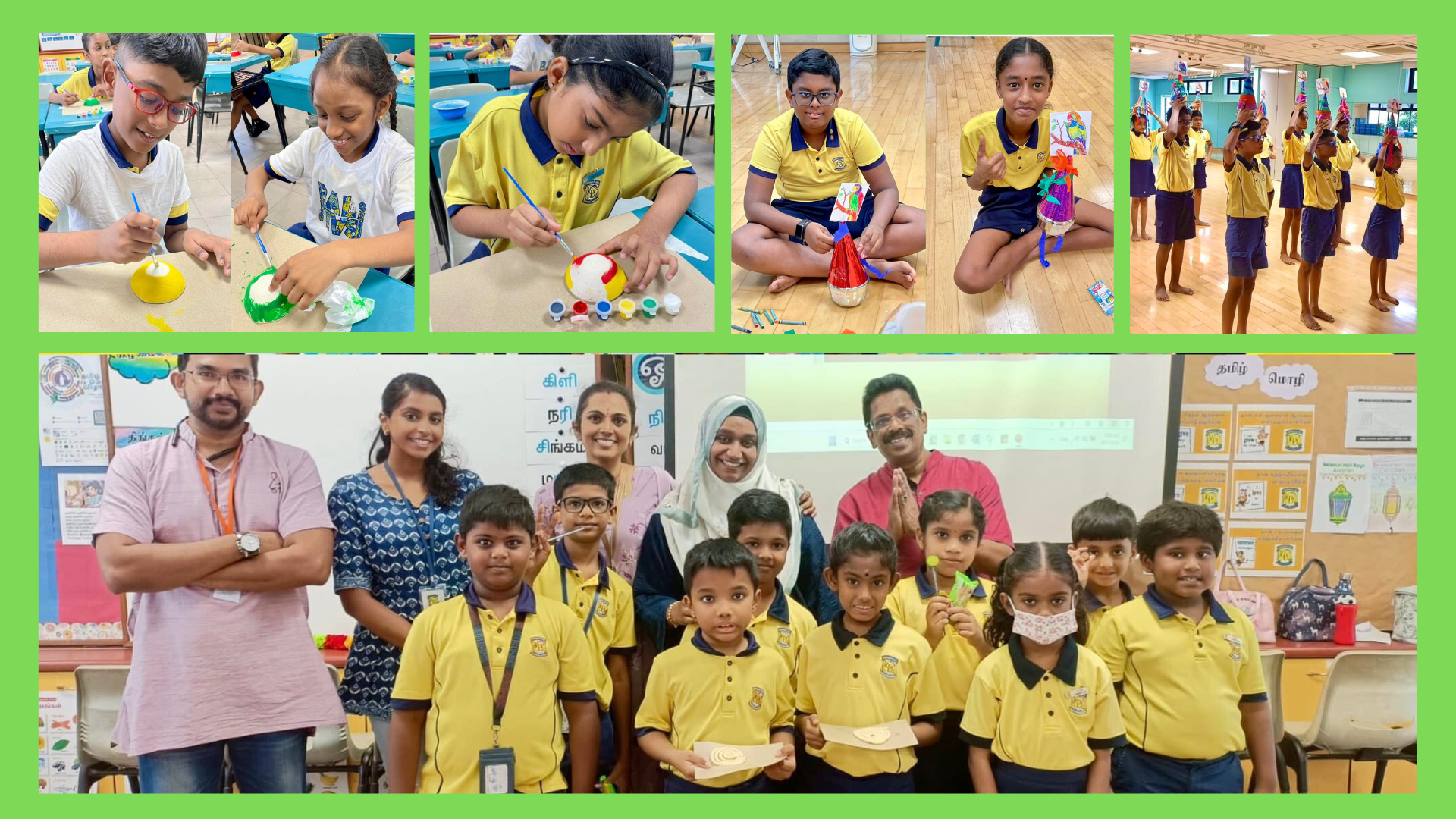
2. Learning Journey
Learning Journeys aims to provide a platform for pupils to extend their learning beyond the classroom. The learning journey creates a wonderful experience for pupils as they are able to gain a hands-on-experience and have a better understanding of their language and culture. Reflections done after the trip helps pupils to examine and interpret their experience to gain new understanding which provides deeper learning.
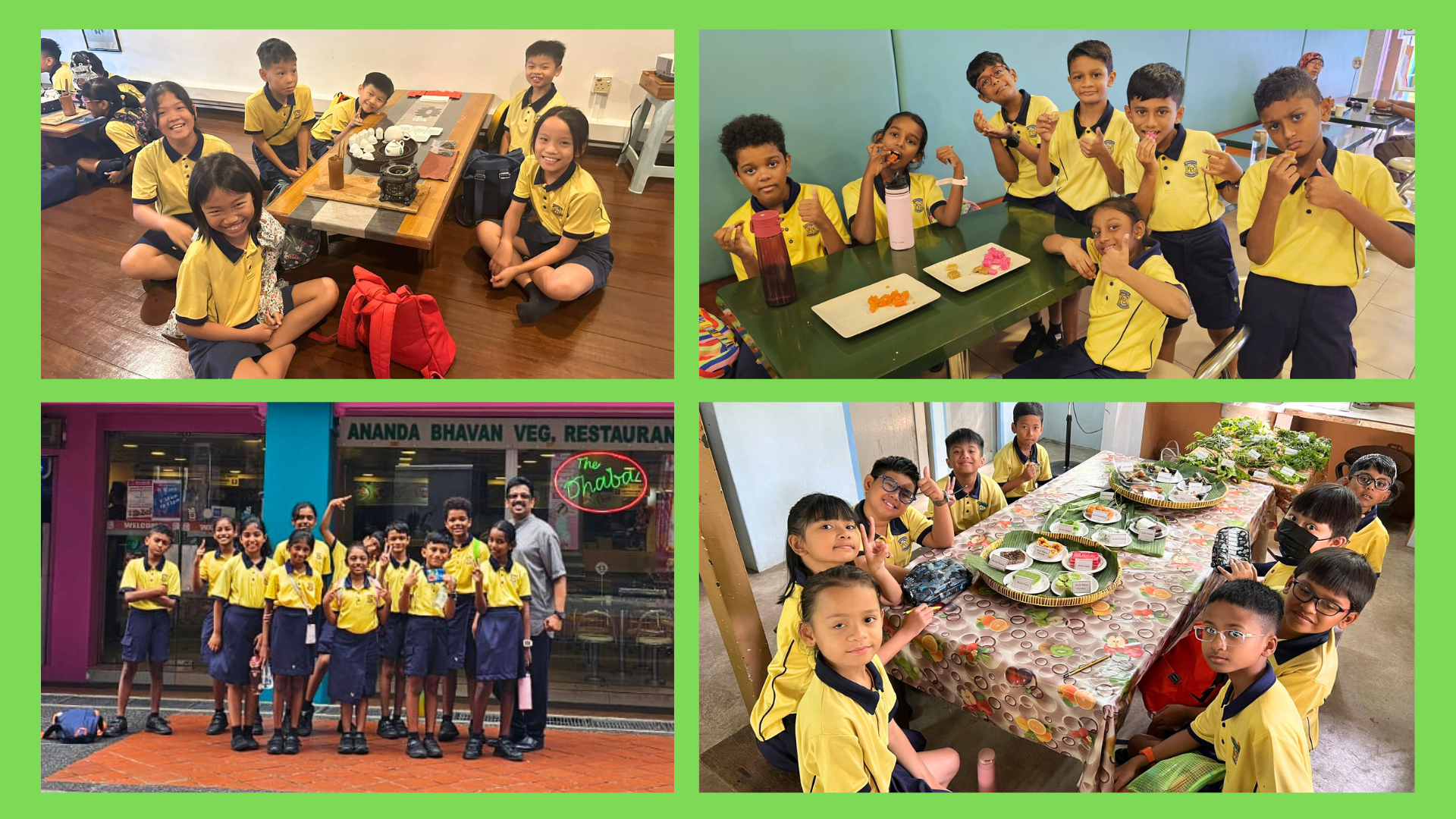
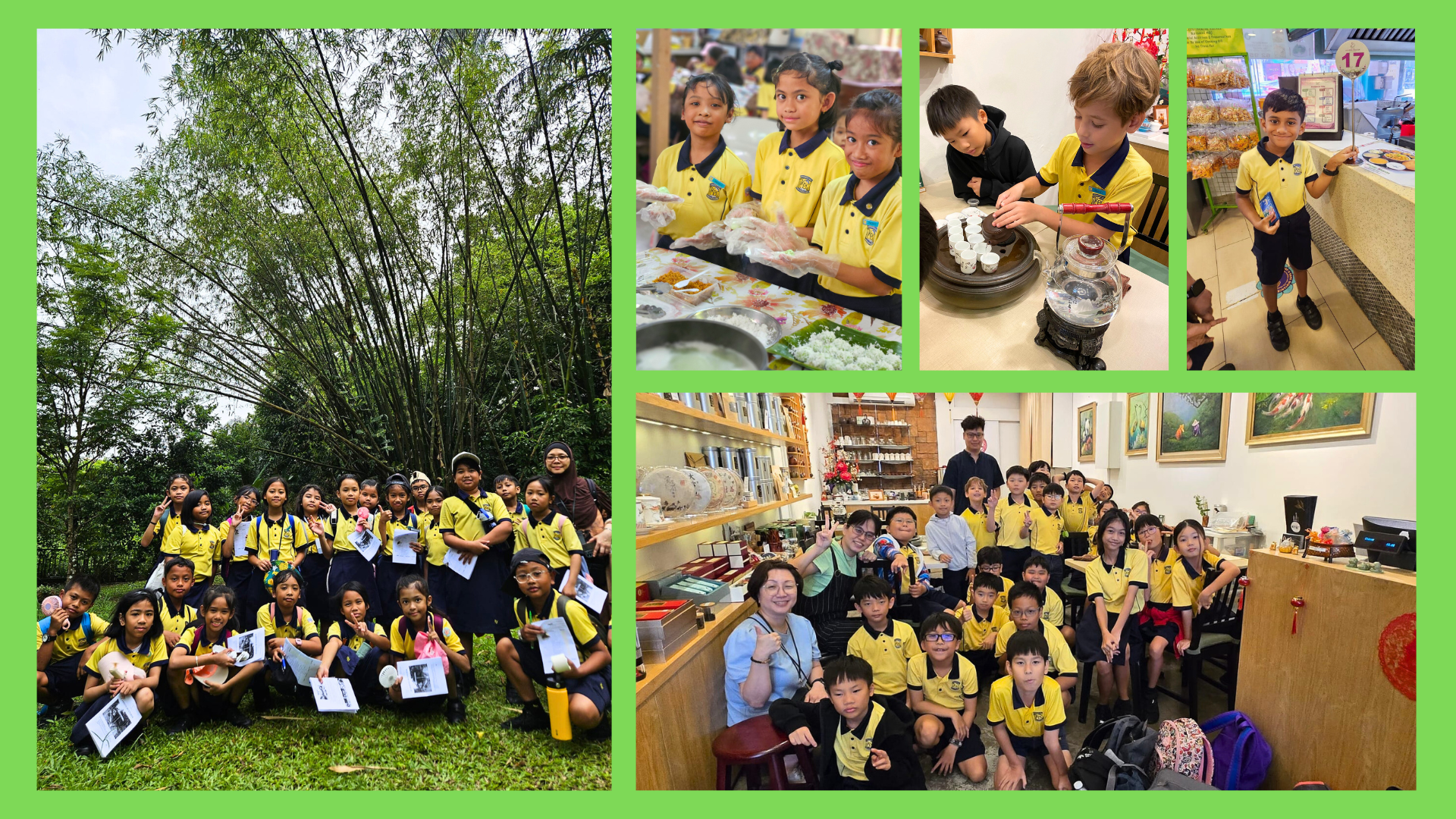
3. Reading Programme
KPS Mother Tongue Reading Programme aims to cultivate pupils’ interest in reading and expose them to books of different genre. To carry out this programme, the department has purchased a range of books that are recommended for the different levels from P1 to P6. Class-based library corners are set up to provide the opportunity for students to be engaged in reading activities or even borrow books home for leisure reading. Students are also given the reading passports to note down their reading progress and share with the teachers and their peers their reading journey.
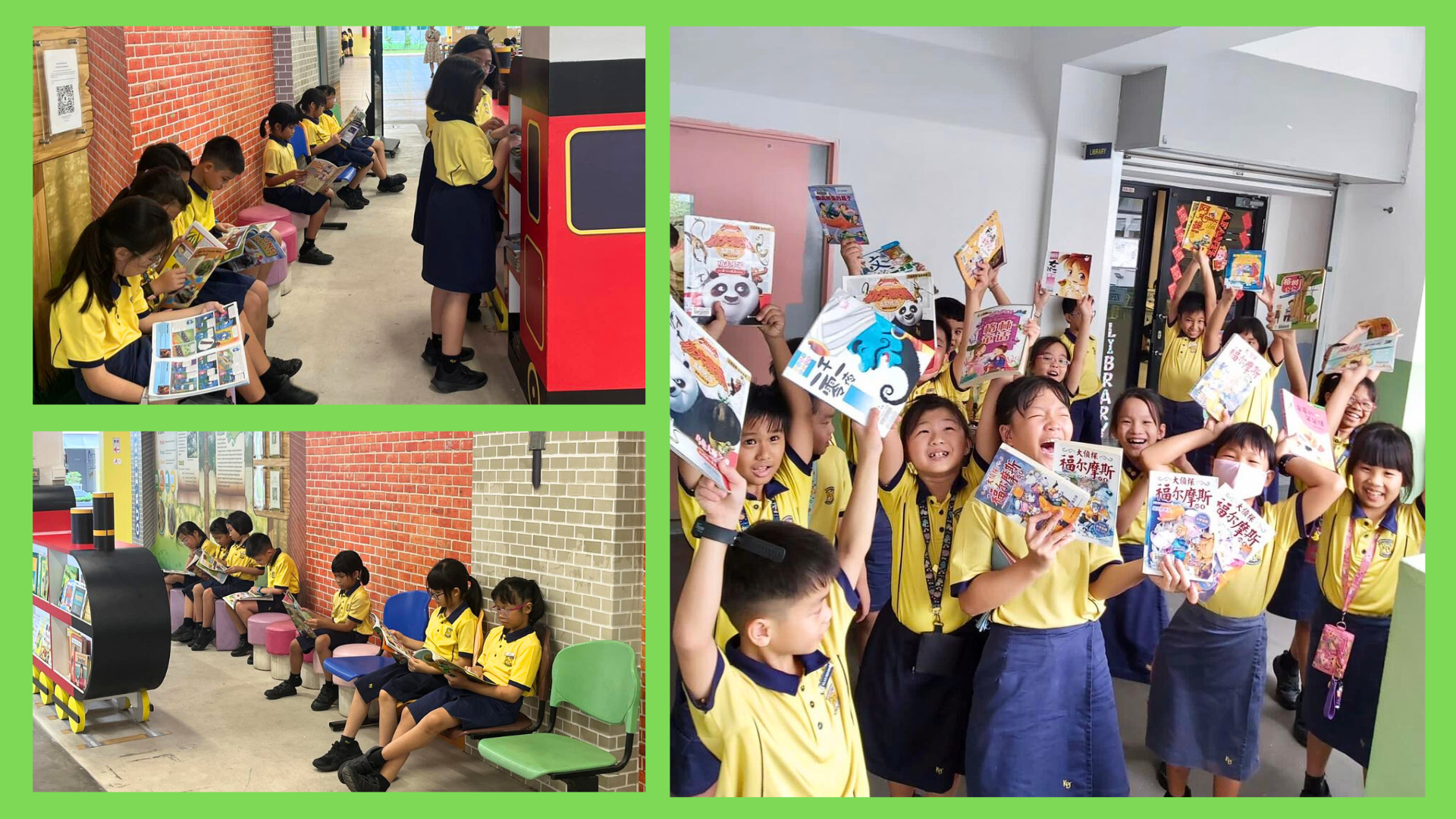
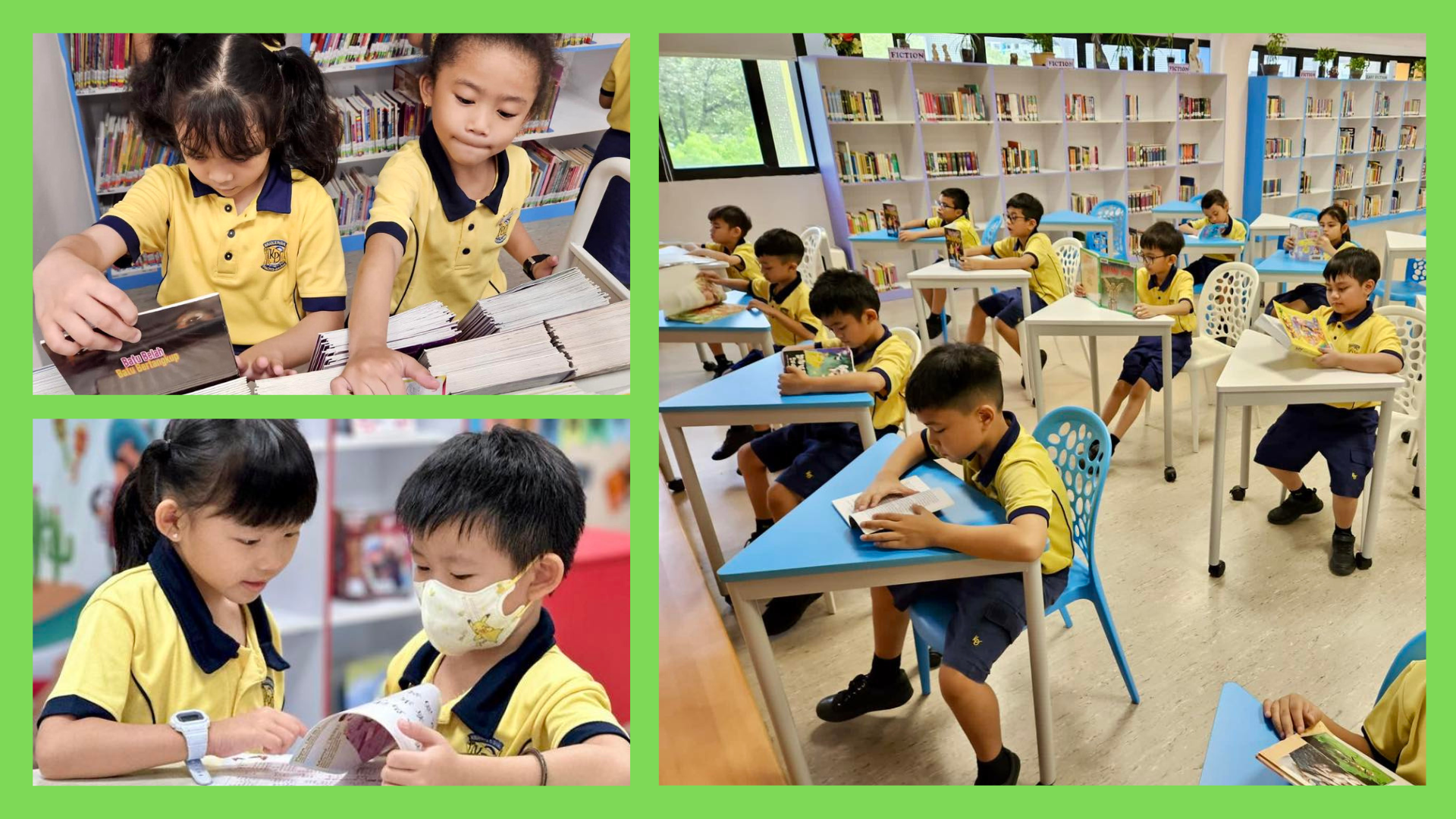
Talent Development Programme
The Mother Tongue Talent Development Programme (TDP) is designed to nurture promising students who have consistently demonstrated a keen ability and interest in their Mother Tongue. These pupils are selected for the Higher Mother Tongue Programme from Primary 1. The programme aims to hone students’ language skills, deepen their knowledge of the language and appreciation of their culture through a wide range of enrichment activities. These activities include storytelling, class-based talk shows, book sharing, cultural festivals exposure and literature studies. Students will have opportunities to collaborate with their peers and engage in experiential learning, which help them to develop their critical and inventive thinking, communication and collaboration skills, nurturing them into proficient learners of the language.
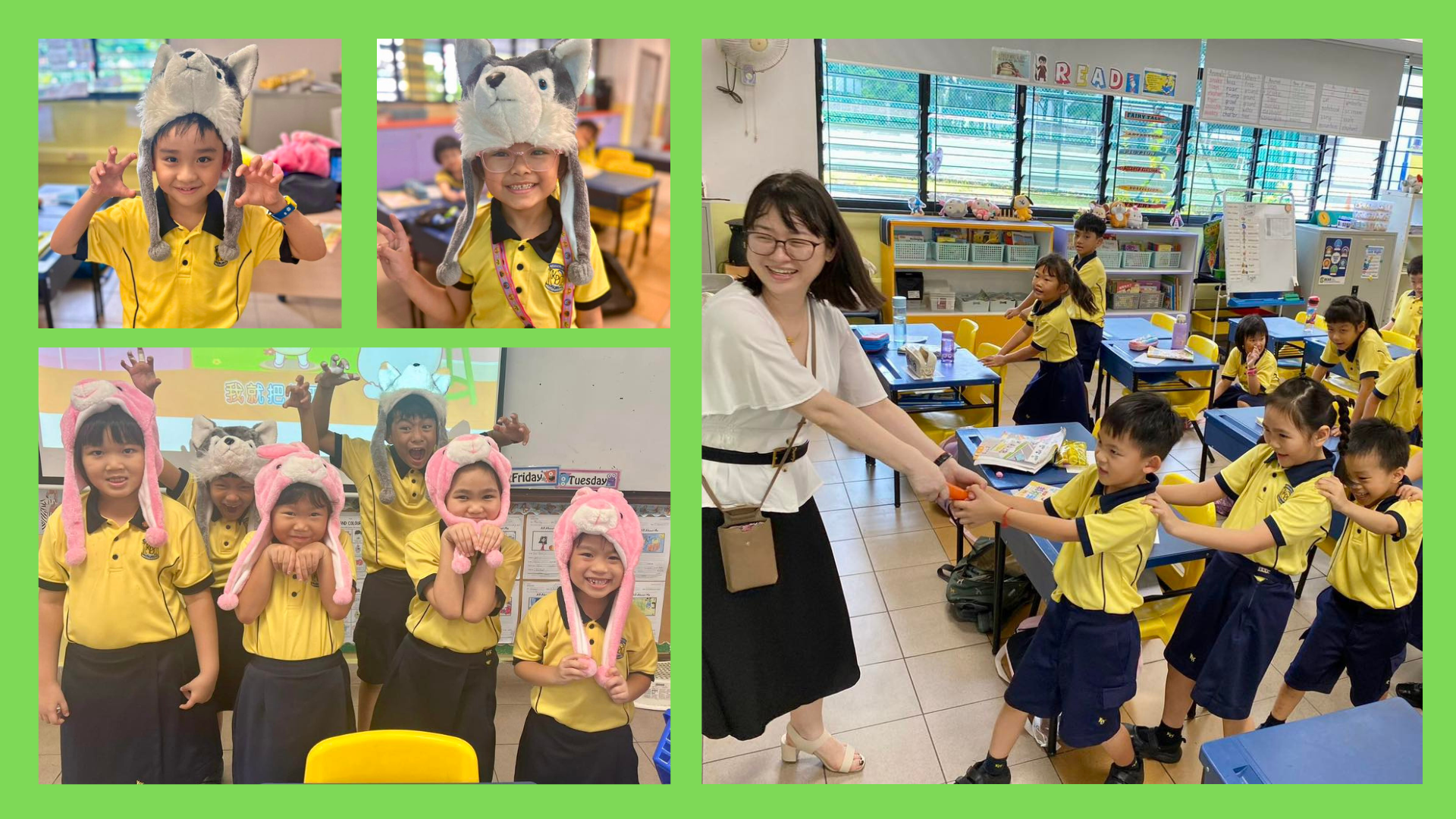
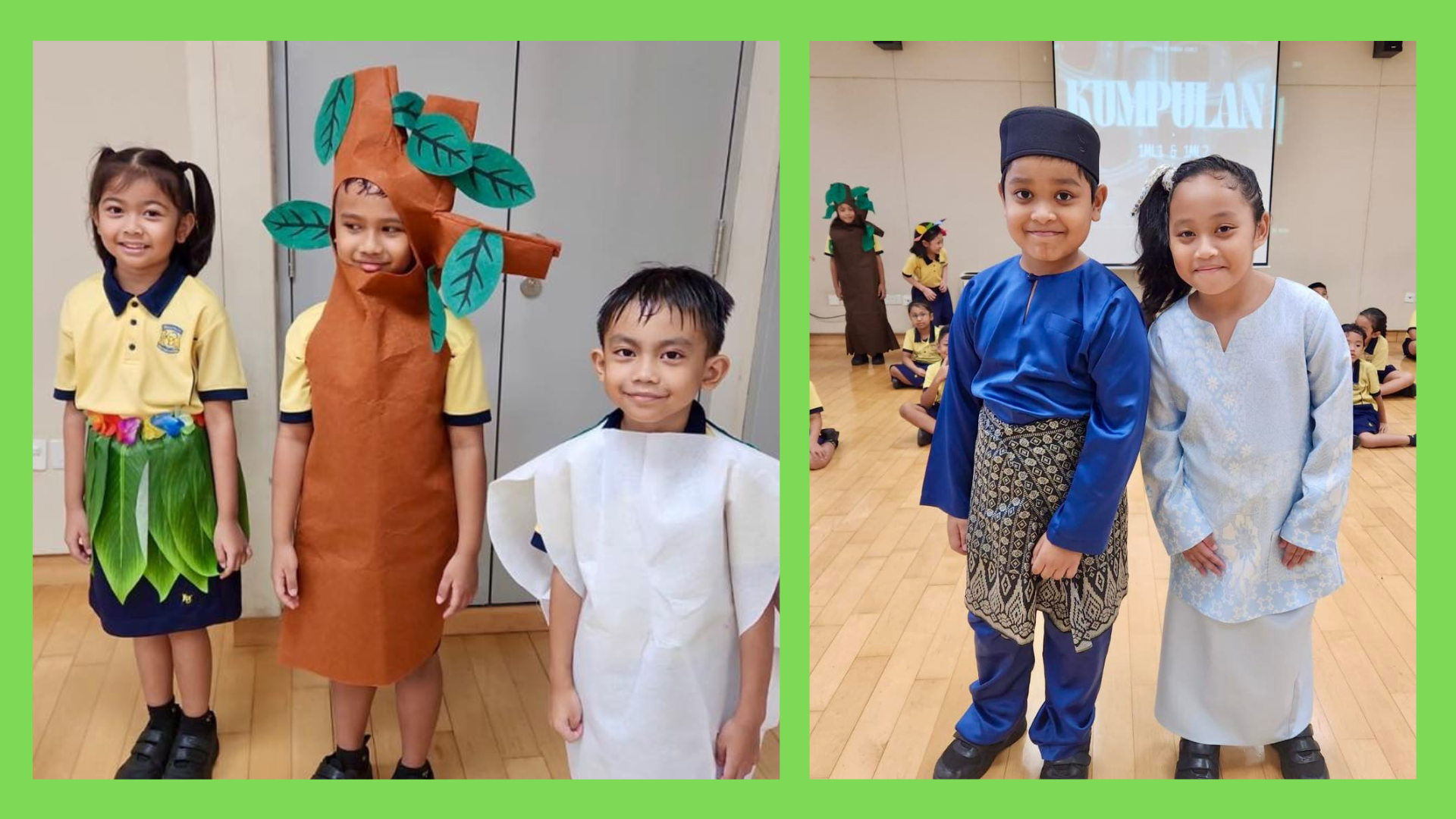
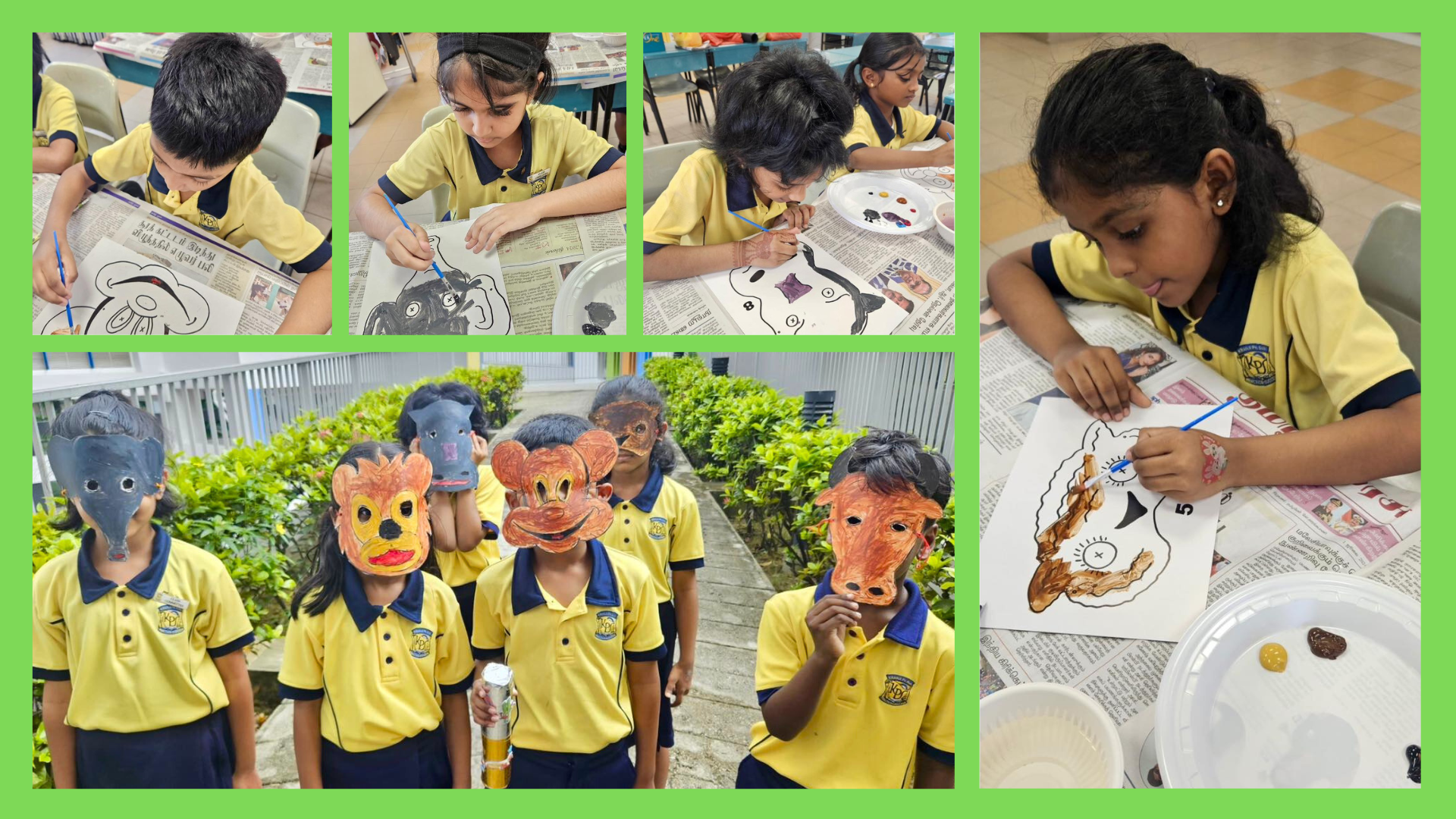
Tips for parents
-
Speak to your child in MTL whenever possible.
-
Show interest in your child’s MTL learning experiences and encourage him or her to them with you
-
Have regular conversation with your child about his/her experience in class.
-
Cultivate good reading habits (reading together). Reading resources includes books, newspapers, magazines, online resources, etc.)
-
Encourage and accompany your child to watch suitable TV programmes in MTL.
-
Use physical and digital resources to help your child revise the vocabulary and learning content.
-
Make use of objects in the environment to engage your child in conversations.

